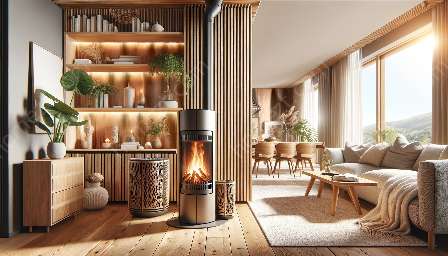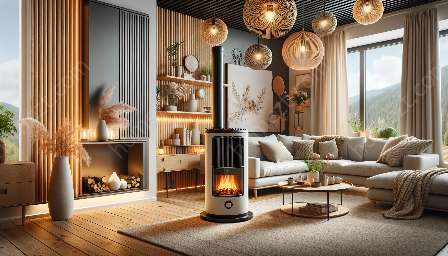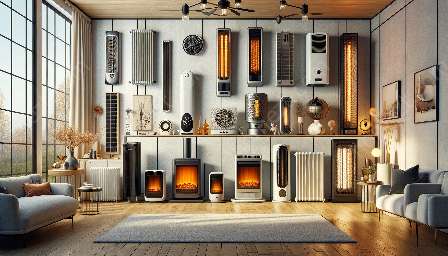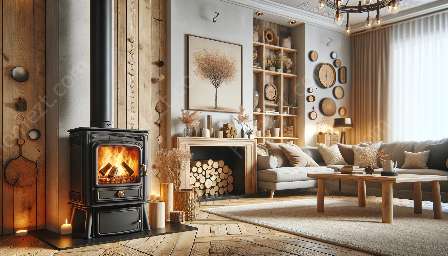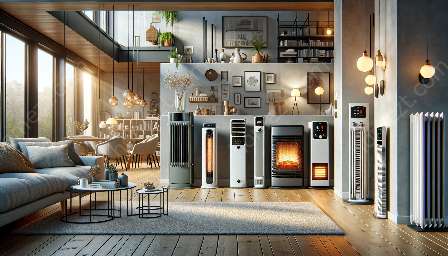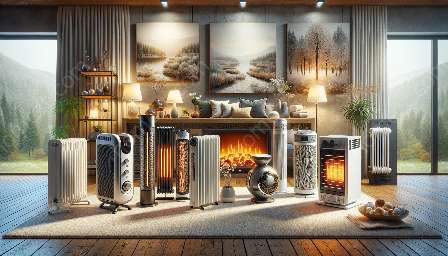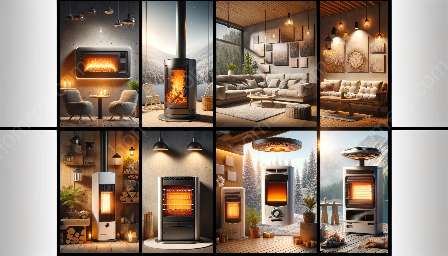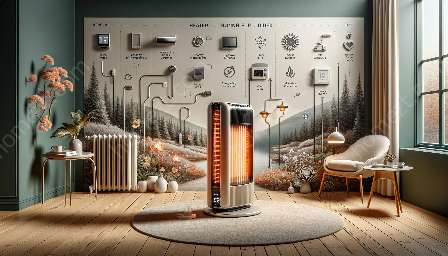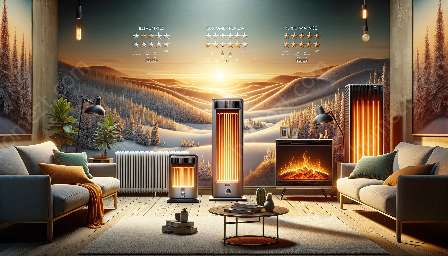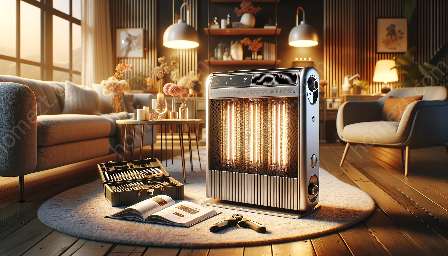Heaters are essential for keeping our homes and workplaces warm and comfortable, especially during the colder months. However, it's crucial to be aware of potential hazards associated with heaters and take necessary safety measures to prevent accidents and ensure a safe environment.
Types of Heaters and Their Safety Considerations
There are various types of heaters available, including electric heaters, gas heaters, and kerosene heaters. Each type comes with its own set of safety considerations, and it's important to understand the specific safety measures for each type.
- Electric Heaters: When using electric heaters, make sure to keep flammable materials, such as curtains and rugs, at a safe distance. Avoid using extension cords and plug the heater directly into an outlet. Check the power cord for any damage before each use.
- Gas Heaters: Gas heaters should be properly vented to prevent carbon monoxide buildup. It's essential to have carbon monoxide detectors installed in the vicinity of gas heaters to provide an early warning in case of a leak. Regular maintenance and inspection of gas heaters are also crucial for safety.
- Kerosene Heaters: Kerosene heaters should only be used in well-ventilated areas and refueled outdoors. It's important to store kerosene in a safe and secure container and use the recommended type of fuel specified by the manufacturer.
General Heater Safety Measures
Regardless of the type of heater, there are several general safety measures that should be followed to ensure safe operation:
- Keep Flammable Items Away: Keep flammable materials such as curtains, furniture, and bedding at a safe distance from the heater to reduce the risk of fire.
- Proper Ventilation: Ensure that the area where the heater is being used is well-ventilated to prevent the buildup of harmful gases such as carbon monoxide.
- Regular Inspections and Maintenance: Regularly inspect heaters for any signs of damage or malfunction. Perform routine maintenance as recommended by the manufacturer to keep the heater in optimal condition.
- Use Approved Fuel: If using a fuel-powered heater, always use the type of fuel recommended by the manufacturer. Using unauthorized fuel can lead to malfunctions and pose a safety hazard.
- Install Carbon Monoxide Detectors: Install carbon monoxide detectors in areas where fuel-burning heaters are being used to provide early detection of any carbon monoxide leaks.
Safe Practices for Heater Usage
In addition to specific safety considerations for different types of heaters, there are some general safe practices that should be followed when using heaters:
- Supervise Children and Pets: Ensure that children and pets are supervised and kept away from heaters to prevent accidental burns or tipping over of the heater.
- Turn Off When Unattended: Always turn off the heater when leaving the room or going to bed to minimize the risk of fire or overheating.
- Use Heater Guards: For space heaters or other portable heaters, consider using heater guards or barriers to prevent accidental contact with the heating elements.
- Follow Manufacturer's Instructions: Read and follow the manufacturer's instructions and guidelines for safe usage, installation, and maintenance of the heater.
Conclusion
By following these heater safety measures and guidelines, you can ensure the safe and effective use of heaters in your home or workplace. Preventing accidents and being aware of potential hazards associated with heaters is essential for maintaining a warm and secure environment for you and your loved ones.











